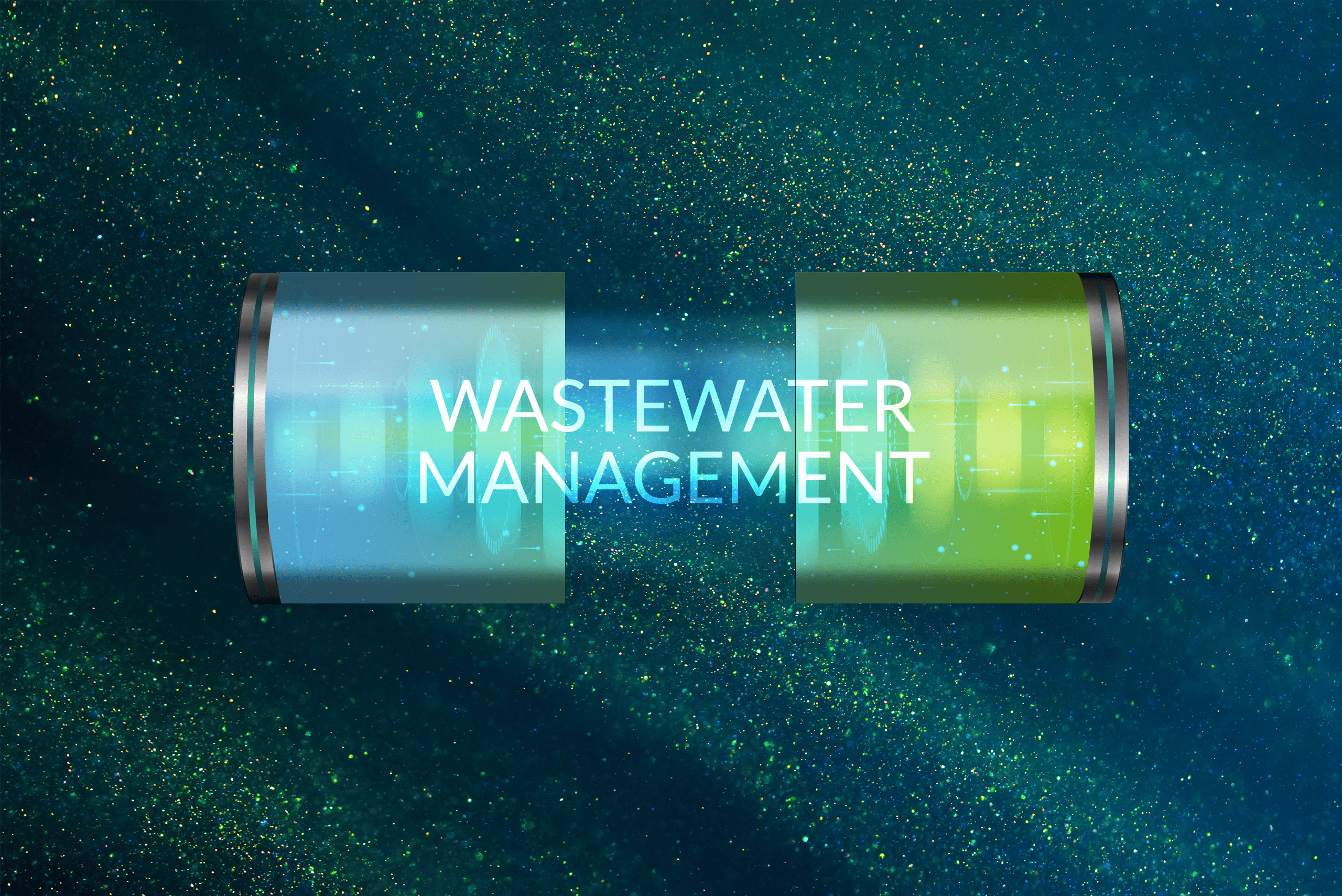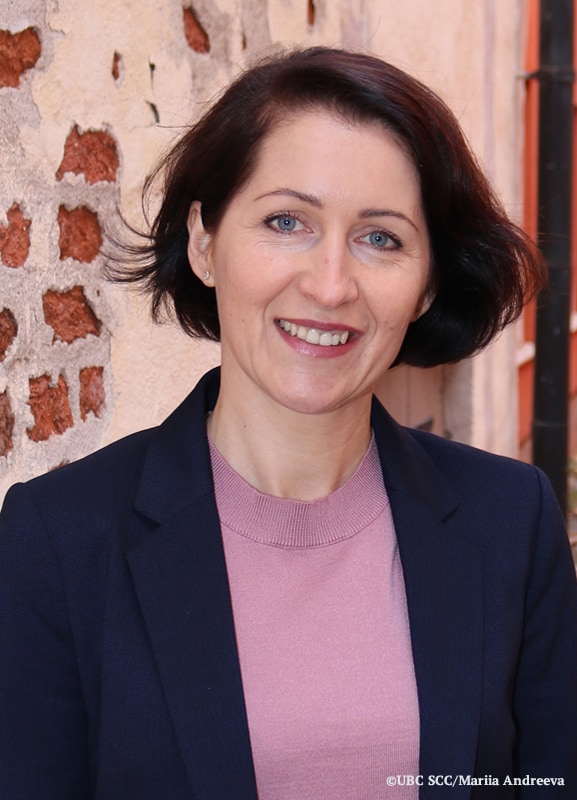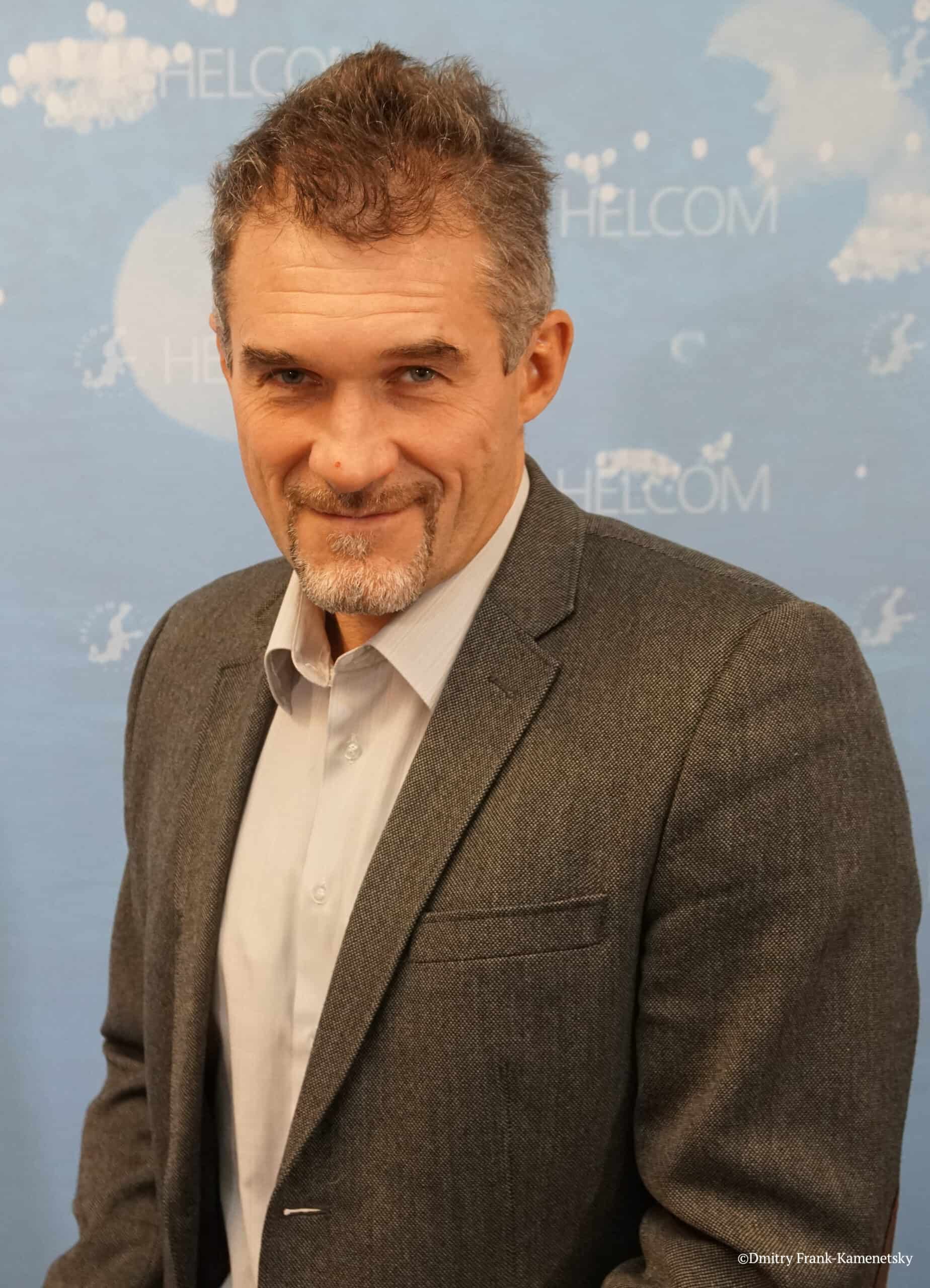
16 August 2023
Cleaner water thanks to Interreg!
#25yearsIBSR
Written by Elena Kolosova
Improving wastewater treatment to reduce eutrophication
The Baltic Sea is one of the most heavily eutrophicated seas in the world. Interreg projects have helped improve wastewater treatment, one of the factors influencing eutrophication. At the beginning of the 2000s, more than 20 cities collected best practices in water management and shared them with other city administrations around the Baltic Sea region. Such joint capacity-building became a valuable aspect of Interreg, ensuring that no region is left behind in the pursuit of effective solutions to reduce eutrophication and make water cleaner.
Agnieszka Ilola, Deputy Head of the Secretariat of the Union of the Baltic Cities (UBC) Sustainable Cities Commission
It gave us a bigger scope of actions and a slightly different angle for the UBC strategic agenda. Projects have also been essential for awareness raising, peer learning, and knowledge sharing among our member cities.”
Joining forces for more action!
In 2009-2013, projects showcased that it was possible to reduce discharges of nutrients from wastewater treatment facilities to the level set in the Baltic Sea Action Plan of HELCOM. The HELCOM Action Plan targets were stricter than the EU requirement. Solutions tested in projects brought new evidence for more efficient policy-making in the region.
Dmitry Frank-Kamenetsky, Special Advisor to the Baltic Marine Environment Protection Commission, also known as the Helsinki Commission (HELCOM)
Rolling out new technologies
In 2016-2021, projects in cities and villages focused on improving the treatment of wastewater from residents and industries. Partners in projects tested new technologies that increased nutrient removal and reduced energy consumption in cities such as Daugavpils, Gdańsk, Tartu, Jūrmala, Kaunas, and Grevesmühlen. Rural municipalities benefitted from solutions like septic tanks and soil infiltration in Kolgaküla, Gennarby, Ainaži, and Leitgiriai. In other projects, partners tested the pre-treatment of wastewater at poultry, meat, and dairy factories in Leszno, Doruchów, Põltsamaa, and Jelgava.
Agnieszka Ilola, UBC Sustainable Cities Commission
How Interreg projects feed into policy framework
Following this joint work in projects, the partners synthesised more than a hundred examples of smart water operations. Using this knowledge, they helped develop the new Baltic Sea Regional Nutrient Recycling Strategy of HELCOM, and revise the HELCOM Baltic Sea Action Plan. These two strategic documents help achieve a healthy state of the Baltic Sea.
Dmitry Frank-Kamenetsky, HELCOM
#25yearsIBSR
This year, our Interreg Baltic Sea Region Programme is celebrating its 25th anniversary. For more examples of #MadeWithIBSR project results and testimonials of great people who have helped shape the regions with us, visit our birthday celebrations page!
Want to know more about the projects that have been helping cities and towns become more attractive? Flip through the project examples below:
More recent news
Grand results of the first round of small projects!
Despite the winter scenery, the results of 17 finalised Interreg Baltic Sea Region projects are in full bloom! And behind them lie two years of intensive work across borders, mutual learning and inspiration, and connections that last.
Climate-neutral future at hand for Baltic Sea region cities
Turning a city into a climate-neutral one requires knowledgeable people, thorough planning and solid financial resources. But how can cities manage this transition smoothly? The Interreg project Climate-4-Case guides cities around the Baltic Sea on how to do that right.
Designing Interreg Baltic Sea Region that belongs to everyone
10 December 2025 Designing Interreg Baltic Sea Region that belongs to everyone Written by Eeva Rantama What if the next Interreg Baltic Sea Region...
Monitoring the Programme’s progress: transnational cooperation in the making
Representatives from nine Programme area countries gathered in Berlin on 19-20 November 2025 to review the progress of the Programme’s implementation and start preparing for the post-2027 period.








